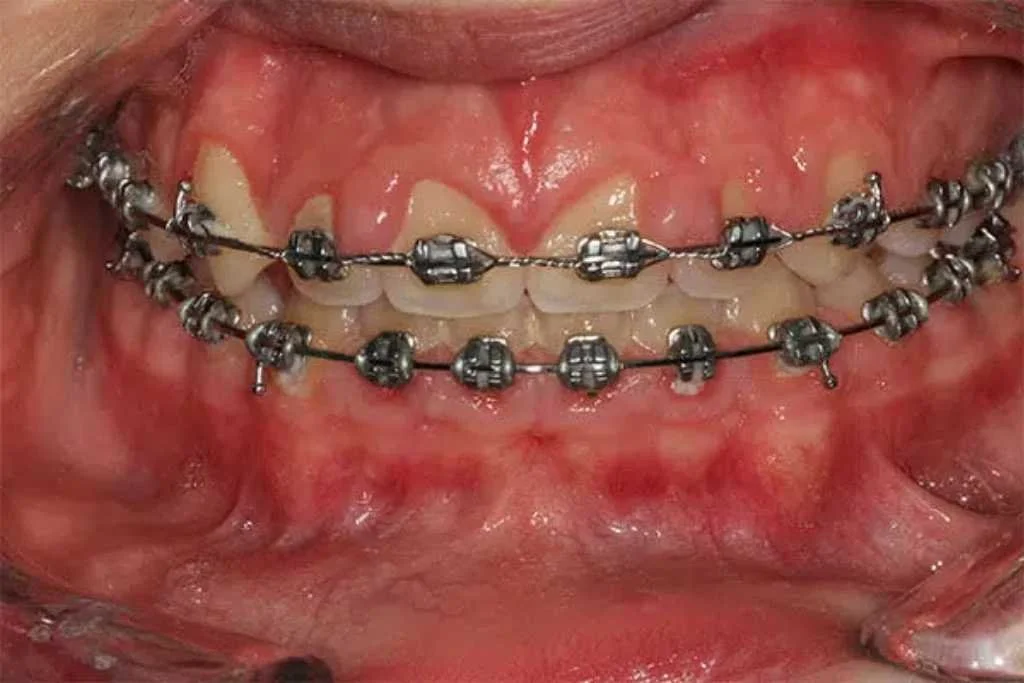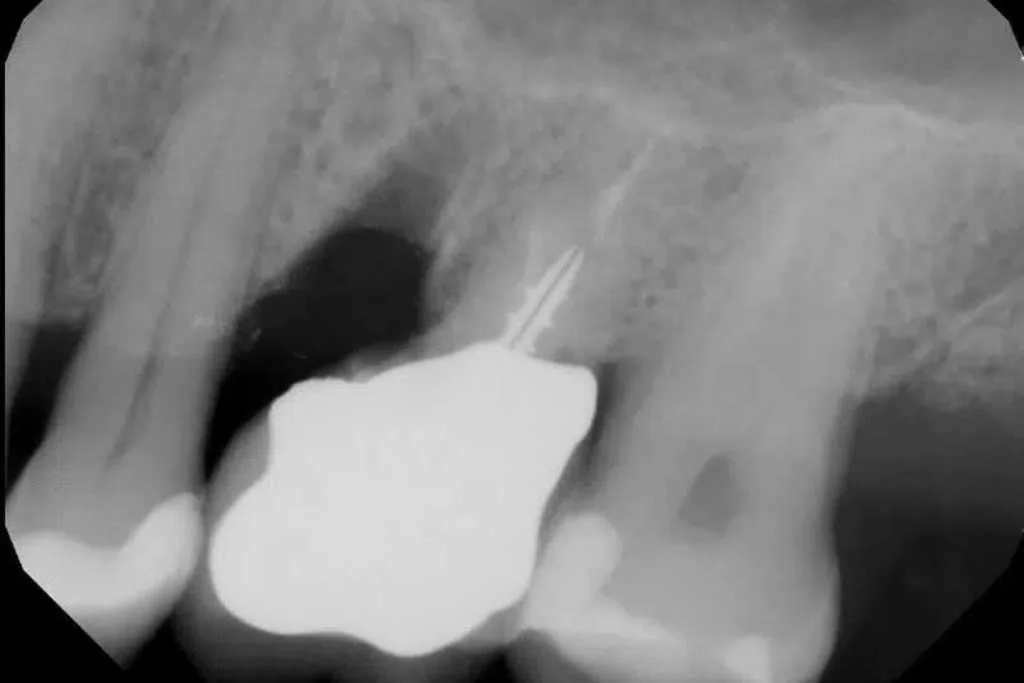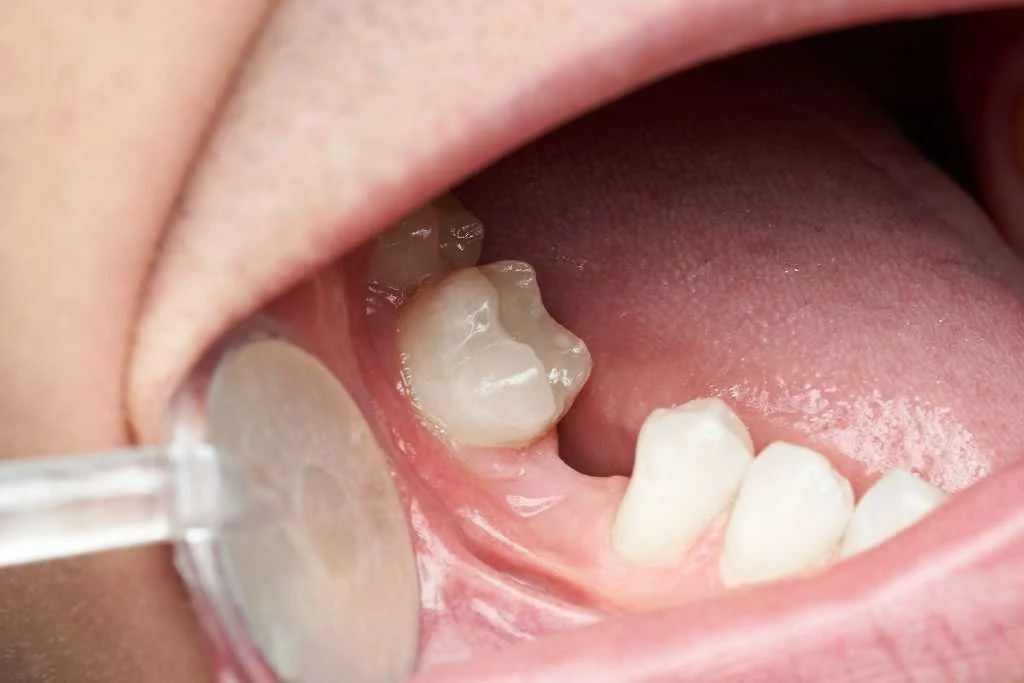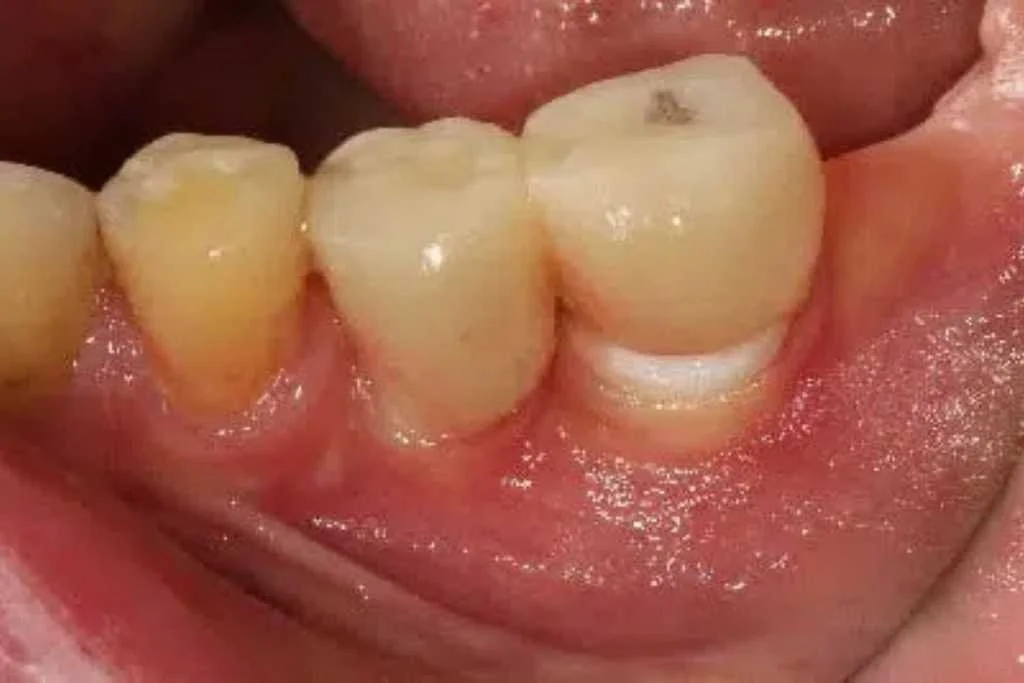Expert Insights on Gum Health, Dental Implants, and Periodontal Care in NYC
Here you’ll find expert articles on topics like gum disease prevention, dental implant complications, non-surgical periodontal therapy, and oral health maintenance. Whether you're looking for tips to improve your daily dental routine or in-depth insights into advanced periodontal treatments, our blog is designed to help patients make informed decisions and maintain healthy smiles for life.
What Is Gum Recession and How Is It Caused
Gum recession occurs when the gum tissue pulls away from the teeth, exposing the roots and increasing the risk of sensitivity, decay, and even tooth loss. While often linked to gum disease, there are several other contributing factors—including brushing habits, genetics, and lifestyle choices. In this article, we break down the causes, symptoms, and treatment options for gum recession, along with the most commonly asked questions about this widespread dental condition.
Unexpected Causes of Bad Breath
While poor oral hygiene is a common cause of bad breath, there are several lesser-known factors that may be contributing to the issue. From gastrointestinal disorders and respiratory infections to medications, dehydration, and even certain diets, bad breath can stem from a variety of unexpected sources. In this article, we uncover these hidden causes and answer frequently asked questions to help you better understand and manage halitosis.
Covid-19 Tongue
Covid-19 has been linked to a surprising range of oral symptoms, including what’s now referred to as “Covid Tongue”—a condition marked by swelling, discoloration, and discomfort of the tongue. In this article, we examine how the virus impacts the oral cavity, what signs to look for, and the treatment options available for managing these often-overlooked symptoms. Understanding the oral manifestations of Covid-19 is essential for timely diagnosis and relief.
The Importance of ‘Near Me’ Mobile Searches for Periodontists
In today’s mobile-first world, more patients are searching for dental specialists on their smartphones using terms like “periodontist near me.” These hyperlocal searches have become a crucial part of how people find care in their immediate neighborhood. In this article, we explore the growing importance of “near me” searches, how they impact your periodontal practice’s visibility, and what steps you can take to ensure your practice ranks in local results—both on Google and emerging platforms like Nextdoor and Facebook Neighborhoods.
Excess Sugar Consumption: Effect on the Body
While most people associate sugar with cavities and dental problems, its impact reaches far beyond the mouth. Excess sugar consumption has been linked to a host of serious health issues—from obesity and diabetes to chronic inflammation, depression, and even accelerated aging. In this article, we examine the hidden dangers of sugar, how it affects both oral and systemic health, and what you can do to reduce your intake and improve your overall well-being.
How a Periodontist Can Help Treat Halitosis
If you're struggling with persistent bad breath, a periodontist may be the key to finding lasting relief. Halitosis often stems from gum disease, oral infections, or bacterial buildup—all of which fall within a periodontist's specialty. In this article, we explore how a periodontist can diagnose the root causes of bad breath and provide targeted treatments, from deep cleanings and bacterial control to customized home care and collaborative medical solutions.
What Causes Gum Recession?
Gum recession—where the gum tissue pulls away from the teeth—can impact both your smile and your oral health, often leading to sensitivity, cavities, or even tooth loss. In this article, we explore the most common causes of gum recession, from gum disease and aggressive brushing to genetics, orthodontics, and lifestyle habits. Understanding the underlying cause is the first step toward effective treatment and prevention.
How to Choose the Best Periodontist in NYC
Choosing the right periodontist is essential for protecting your long-term oral health—especially in a city like New York, where options are abundant but not all are equal. In this article, we outline the key qualifications and characteristics that set the best periodontists apart, from advanced education and clinical expertise to use of cutting-edge technology and leadership in the field. If you're searching for a top periodontist in NYC, here's what you need to know.
What Causes a Gummy Smile
A gummy smile—where excessive gum tissue is visible when you smile—can be caused by a variety of factors, including bacterial inflammation, certain medications, or underlying systemic conditions. In this article, we explore the root causes of gummy smiles, how to identify them, and the treatment options available, from non-invasive cleanings to advanced laser gum contouring procedures.
Diseases That Affect the Tongue
The appearance of your tongue can reveal a great deal about your overall health. In this post, we explore common tongue conditions—ranging from color changes to texture irregularities—and what they may signal about underlying issues such as vitamin deficiencies, infections, autoimmune disorders, or systemic disease. Learn what a healthy tongue should look like and when changes may warrant a closer look by a specialist.
Saving a Tooth with a Maxillary Root Amputation
When a maxillary molar is compromised due to bone loss, root damage, or failed root canal therapy, extraction isn't the only option. Maxillary root amputation offers a conservative, tooth-saving alternative that can preserve your natural tooth structure and avoid more invasive procedures like sinus lifts or implants. In this article, we explore when this treatment is appropriate, its success rates, and who may be a good candidate for this specialized procedure.
What is Crown Lengthening and When Do I Need It?
Crown lengthening is a common yet often misunderstood procedure that can play a vital role in both dental health and aesthetics. Whether you're preparing for a dental crown or looking to enhance your smile by correcting excess gum tissue, this article explains the differences between functional and esthetic crown lengthening, when it's needed, and what to expect during treatment.
Why Am I Bleeding After My Tooth Was Removed?
Experiencing some bleeding after a tooth extraction is normal, but how much is too much? In this article, we explain what to expect during the healing process, common causes of excessive bleeding, and the steps you can take—both at home and in the dental office—to manage and stop post-extraction bleeding effectively and safely.
Bone Grafts to Save Your Teeth
When gum disease leads to bone loss around your teeth, it can jeopardize both the health and stability of your smile. Fortunately, dental bone grafts offer a powerful solution to regenerate lost bone and preserve your natural teeth. In this article, we explore why bone grafts may be necessary, the different types available, and how this advanced treatment—performed by a periodontist—can help restore strength, function, and longevity to your teeth.
What Causes Bad Breath and How Can It Be Treated?
Bad breath, or halitosis, affects nearly half of all Americans and can be both a social concern and a sign of underlying health issues. In this article, we explore the various causes of bad breath—ranging from oral infections and dry mouth to systemic medical conditions—and review the latest diagnostic tools and treatment options available to effectively manage and eliminate it.
Are There Differences Between Teeth and Dental Implants?
While dental implants are an excellent solution for replacing missing teeth, they differ significantly from natural teeth in structure, function, and biological response. In this article, we examine the key differences between teeth and dental implants—from how they attach to bone and tissue, to their healing capacity and response to bacteria—so patients can better understand how to care for their implants and maintain long-term oral health.
Why Do I Have Dental Implant Pain?
While dental implants are generally reliable and long-lasting, pain following placement is a sign that something may not be right. In this post, we explore common causes of dental implant pain—from infections and nerve proximity issues to soft tissue concerns and bone integration problems. Understanding the source of discomfort is essential for determining the appropriate treatment and ensuring long-term implant success.
Why Did My Dental Implant Fall Out?
While dental implants are known for their long-term success, they are not immune to complications. If you’ve experienced what feels like a dental implant falling out, it’s essential to understand what part has dislodged and why. In this article, we explain the components of a dental implant, the common reasons parts may come loose or fail, and what steps can be taken to restore your implant health and function.
Common Myths About Gum Disease
There are many misconceptions about gum disease that can lead people to ignore early warning signs or underestimate its seriousness. In this post, we dispel some of the most common myths surrounding periodontal disease—such as the idea that bleeding gums are harmless or that only poor hygiene causes gum issues—so you can make informed decisions about your oral and overall health.
Bleeding After a Dental Crown
Experiencing gum bleeding after receiving a dental crown or veneer is more common than you might think—and it shouldn’t be ignored. In this post, we break down the most frequent causes of post-crown bleeding, including issues with dental cement, improper crown placement, crown surface roughness, and oral hygiene challenges. Understanding the source of the problem is the first step toward protecting your gum health and avoiding long-term complications.





















